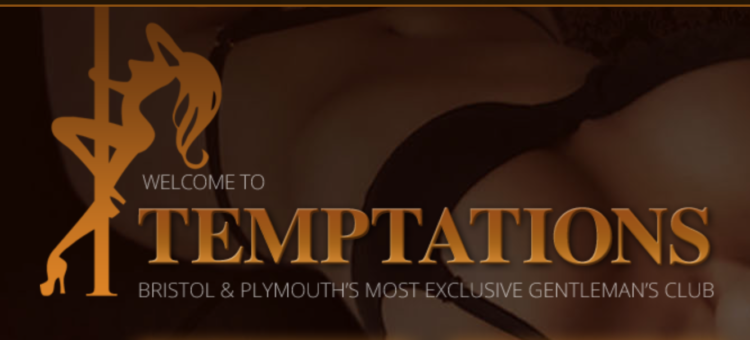By James Simons-
A former stripper who complained to the press watchdog after a regional daily used a photograph of her in a story about the club where she danced has had her case dismissed. used to dance opening on Christmas Day.
The woman whose identity has been made anomymous had danced at the club on Christmas day. She claimed the Plymouth Herald’s use of the file photo taken in 2005 when she was 18 or 19, was confidential information.
The Herald newspaper in their article had reported on November 10th last year how the strip club, Temptations T2 asked the local council for a renewed licence allowing it to open all day on Christmas Day . The photo was one of many illustrating the article, and showed the unnamed woman posing with a dancing pole, wearing a performance outfit.
In her complaint to IPSO under Clause 2 (Privacy) of the Editors’ Code of Practice, the woman said that she now owned a professional business, and regarded the fact she had worked at the club as confidential information.
The Herald defended its position by stating that the photo was originally taken for an article about the club it published in 2005. In the article, the complainant was identified as working there by name and had consented to being photographed as part of a publicity feature for the club and had spoken about her work.
The newspaper contended it had breached the code of conduct under the circumstances described. It said the fact the woman had worked at the club was not private, and the photograph did not reveal any private information. The paper went on to argue that to find otherwise would require editors to make an impossible judgement about what information that had previously been willingly placed in the public domain might be considered to be embarrassing by the same person at a later date.
The Herald also argued that the fact someone is or has been employed at a particular establishment is not in itself private, but offered to remove the photo from the online article as a gesture of goodwill, saying it understood that when one is young, one can make choices which are later regreted.
IPSO acknowledged that the complainant did not want people to know about her previous association with the club, and welcomed the newspaper’s decision to swiftly remove the photograph. The press regulator however considered that a person’s previous employment as an adult does not ordinarily constitute part of their private life. Ipso concluded that ”in these circumstances, publication of the photograph, and by extension, the fact she had worked at the club, did not intrude in to the complainant’s private life and there was no breach of Clause 2. The decision was a blow to the woman who would have been disappointed at the outcome, but had failed to recognize she had surrendered her right to confidentiality when she consented to being photograph for the publication’s first story

